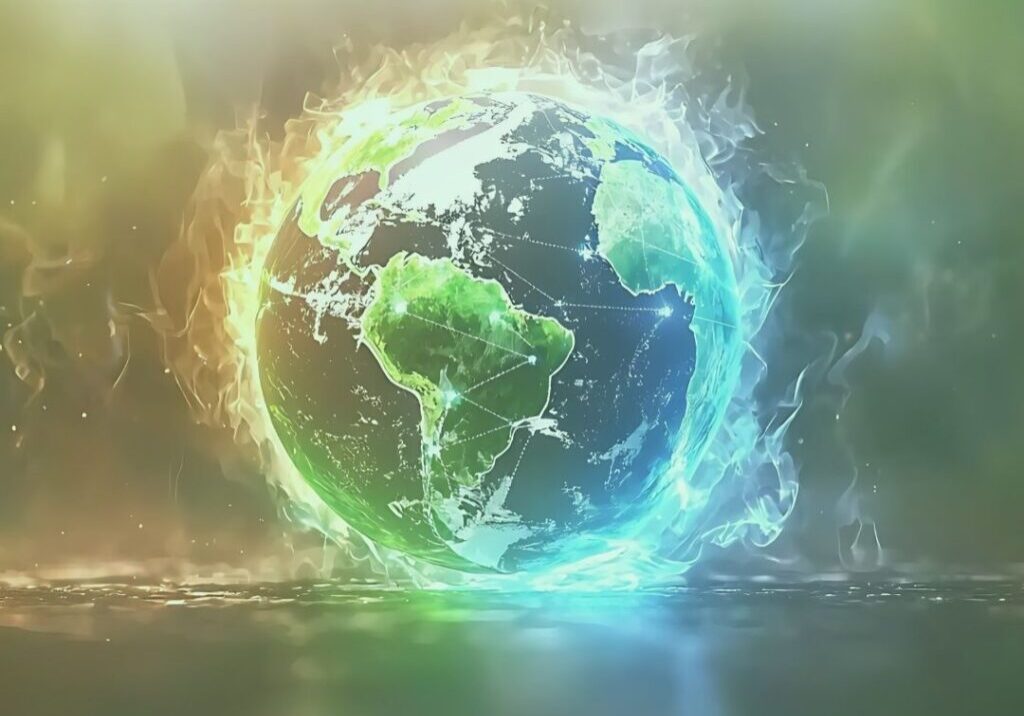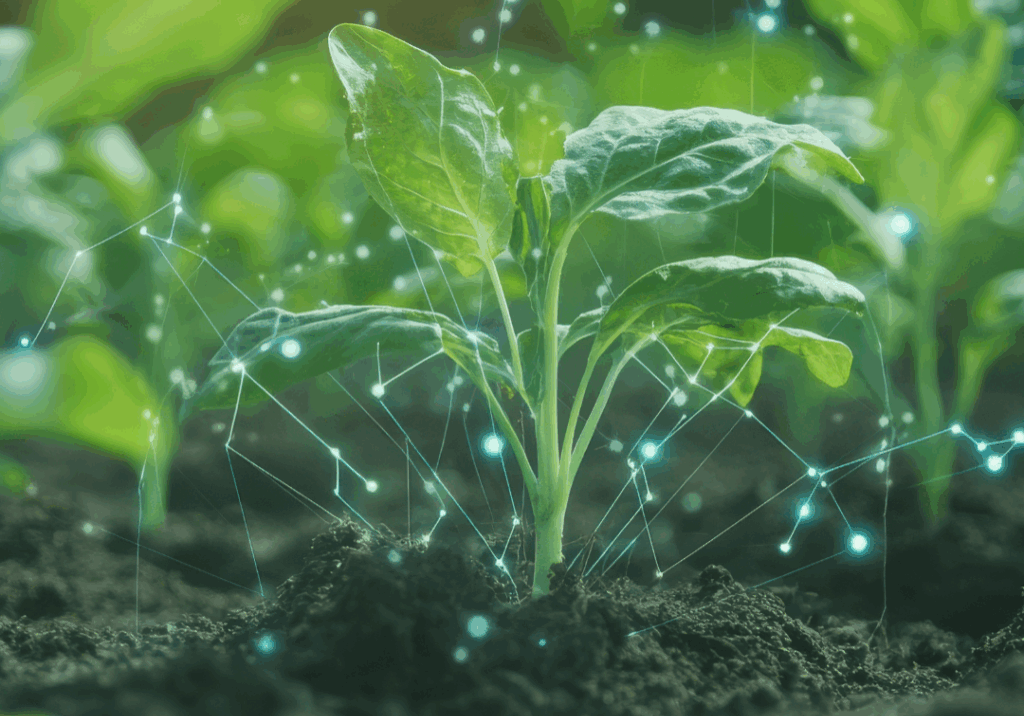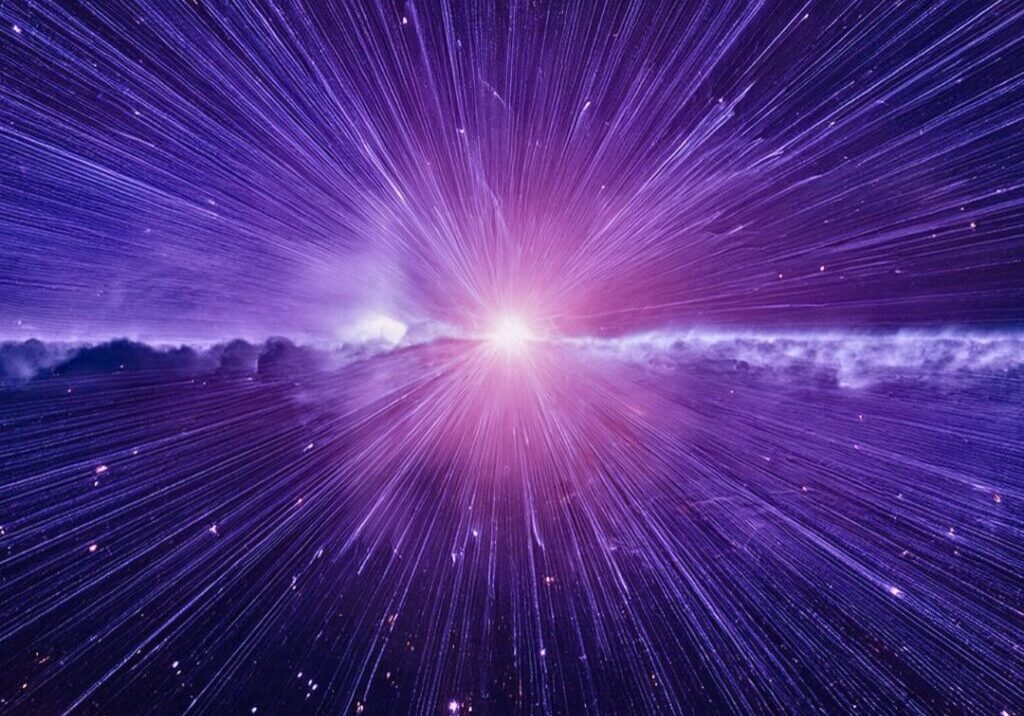Waiting In An Unfinished Universe
The shock waves of our recent presidential election are still being felt around the country and around the world, as if the US just suffered a major heart attack. The election was revelatory of the deep distress in the country—the diminishing middle class, the widening gap between rich and poor, the feeling of abandonment—all signaling that government is no longer working for the people. Hence a majority of people thought it best to elect a businessman to run the country so we can make America great again.
We have become a very shallow nation, flattened out by the forces of consumerism, internet technology, and mass media. We are a culture defined in terms of wealth rather than personal significance. People are objects or commodities rather than living beings in relationship. Consumption is central to our society. We produce during work time to consume in leisure time. Consumerism is our dominant lifestyle and it is no secret that the top 40% of the population have about 75% of the income. Based on unrelieved competition, the consumer society is a formation system and training ground which educates us to a life of fragmented relatedness. While religion has become secularized, buying and consuming have become vehicles for experiencing the sacred. Malls have become cathedrals of consumption and walking through malls reveals that we are less concerned about each other than what we have purchased. We are defined by what we buy rather than what we are which is why making money has become more important than making time for others. Our self-identity is wrapped up in our possessions.
Consumer culture has pulverized the human person into data, resulting in a culture of depersonalization and an endless string of culture wars based on ideologies. We have come to believe that money is equal to heaven; hence, our operative idea is, “more possessions is more happiness.” We continue to spend millions of dollars on arms and refuse further taxes in the name of preserving our way of life. Consumerism has become a pathological phenomenon against which we judge ourselves, our worth and our value as persons. Indeed, persons do not count unless they are certain kinds of persons. Anyone who challenges us to mutuality and responsibility is more threatening than raising taxes or going to war. Even the population crisis has become one of survival since we cannot continue to survive infinitely as open consumers. Where there is a dominance of things over development of persons, we can be sure that our artificial bubble of existence will eventually burst.
As we enter the season of Advent, I wonder if we are really waiting in anticipation for the coming of the Lord or if we are barely coping in our unbridled consumerist culture. Part of our distress is that institutional religions themselves have fallen prey to consumerism. Granted that some church communities strive to be social support systems, the fact is that religion is depleted of any real power to change lives. It has become another consumer product—the purchase of prayer for survival of the spirit. We buy into religious systems in the same way we buy into consumer products, indicating that consumerism has become culturally embedded in our thinking, our genes—and even more disturbingly—in our souls. Consumerism is the modern Faustus.
Advent is an invitation to return to the Gospel message of Jesus as liberation and evolution: “Friend, go up higher” (Lk 14:10). Jesus did not try to fit in to his culture; he challenged its core values and turned the tables in the temple upside down. His was not a message of looking out for number one; rather it was a call to a new type of community where care for one another unifies and strengthens the whole. The Gospel of Jesus is about transforming partial lives into greater wholes but to do so requires death to the partial, isolated self, and life in communion with others. The way of Jesus is a mutation in the culture, transforming the powers of domination into new structures of mutuality and service. God continually seeks to do new things, to bring about a new creation, but the new cannot be brought forth from the old without suffering and death in the hope of new life.
Teilhard de Chardin understood the core of Christianity as evolution itself, a modern version of Saint Paul’s insight that “all of creation groans aloud in the pain of new birth” (Rom 8:22). Nature continues to stretch into new being because nature itself means “birth.” We live to be born over and over again into higher realms of existence, higher levels of consciousness, more unified being, more peace, more joy and happiness, an endless birthing process that begins here in earthly life and continues forever in eternal life. Not just ourselves alone, however; all creation is longing for new birth. The whole universe is self-transcendent and constantly open to paths of new life.  Our greatest sin in the modern age is to forget what we are by nature and what we are capable of becoming by grace.
Our greatest sin in the modern age is to forget what we are by nature and what we are capable of becoming by grace.
Consumerism has deadened our minds and stuffed our hearts with fleeting desires. It has made us into whimsical, volatile and dissipative beings. But the fact is, many people would rather go shopping than go to church. As many of my students will confess, church is boring and shopping is exciting. But the deeper truth is, our religions no longer really function in the culture. They have become personalized, privatized, and marginalized – part of the consumer relativism: “you have your religion and I have mine.”
It is not as if churches need to relinquish their credit cards or join coops. There is a much deeper call in the cosmos to wake up to what God is doing in our midst—creating a new heaven and a new earth, for the old heaven and earth are passing away. To “wake up” does not mean to attend a Yoga workshop or devote twenty minutes to prayer each morning. These practices are good in themselves but the call to “metanoia” is much more profound. It is a call to a new heart and a new mind, and thus a new religion for a new world. Teilhard understood this call in a profound way. Materialism, he said, can bring about well-being but spirituality and an increase in psychic energy [consciousness] can bring about more being. The traditional religion of individuals and of heaven is insufficient. People are looking for a religion of mankind and of earth.
Religion should energize and activate human creative potential in the building of the earth and the development of the human community. This must be an integrated development which respects the earth and our total environment. In Teilhard’s words: “No longer is it simply a religion of individual and of heaven, but a religion of mankind and of the earth–that is what we are looking for at this moment, as the oxygen without which we cannot breathe.” God is up ahead inviting us into a new future, to go forth as an earth community called by the power of divine love into the fullness of love.
Advent is a time of waiting and anticipation. God is waiting patiently for us to get out of our state of zombie existence and to let go into new structures of existence that can give birth to a new world. Teilhard realized that we need a new religion of the earth. Faith in God should not be a panacea to our problems but the activating force of evolving life and thus the force of attraction which makes global development possible. Without a viable theism at the heart of cosmic life, we will continue to suffer cultural compression until eventually we collapse as an earth community. As Teilhard noted, the further evolution of humanity toward greater unity “will never materialize unless we fully develop within ourselves the exceptionally strong unifying powers exerted by inter-human sympathy and religious forces.” A new religious vision cannot develop in cultural isolation; such vision requires the coming together of experiences drawn from different religious traditions. Since Christ is one with the universe, then the only way Christ can rise up in evolution as Omega is by convergence of world religions and—in this respect—we must continuously work toward interreligious dialogue and find new ways for mutual encounter. We must strive together to harness the energies of love. As Thomas Merton wrote: “Anyone who proclaims him or herself “Christian” and believes in the risen Christ must be on the way toward a transcultural consciousness and transcultural encounters.”
 We have become so accustom to simply surviving that we have lost a wider vision for the future of humankind. But the fact is, a higher socialization of humankind can only be brought about if people have the will and energy to work for it, if they deeply believe in the positive value of the future. Perhaps this is a good Advent question, “do we believe in the positive value of the future?”
We have become so accustom to simply surviving that we have lost a wider vision for the future of humankind. But the fact is, a higher socialization of humankind can only be brought about if people have the will and energy to work for it, if they deeply believe in the positive value of the future. Perhaps this is a good Advent question, “do we believe in the positive value of the future?”
We are not created to be prisoners in a mall. We long for life, for air to breath, for sunrises and sunsets, for someone to love and to know we are loved. We are not born to perish in material stuff. We are born to be bright stars in this cosmic life—radiating love, beauty, goodness, unity and truth—the glory of God is to shine out in our lives. We have the capacity for more life but do we have the will? This is the question we must honestly face but it is difficult to do so alone. We must face the question of the future together. We may fear global uncertainty but we may hope in future life. This is where a new religion of the earth can enkindle us to evolve: faith in God, faith in the world, faith in the future. It is time to wake up—for something new is about to happen in our midst.
 View print-friendly version
View print-friendly version
4 Comments
Related Posts

The Earth Groans, AI Grows: Who Guides the Flame?
In this critical moment of planetary history, where ecosystems collapse, artificial intelligence proliferates, and human meaning trembles on the edge of uncertainty, we are faced with a profound question: What kind…


The more I experience the election results, the more pain I have as I see what could be our future: I myself won’t be hugely impacted (except polluted water, air et al.), but many others will have an extremely hard time if all that is being said is implemented. It is hard for me to see how we heal the huge divide that exists because of the consumer culture: I think that it takes an awareness of about oneself to recognize where we are and how to make a change. Many of our fellow earthlings don’t have that personal awareness. I read an interesting article recently about Viktor Frankl (https://www.businessinsider.com/a-lesson-about-happiness-from-a-holocaust-survivor-2014-10) about the difference between being happy and having a meaningful life, in other words, takers versus givers.
I don’t see how organized religion can help – it has made a mess of things to date. Those without the personal awareness hold on for dear life to a dogma based in fear, hate and exclusion. I’m not sure – at this time so early after the election – that I am able to hold love and hope for these people to gain the personal awareness so needed in today’s world: the pain is too acute. My brother-in-law’s minister preached two Sundays ago that organized religion has failed and you won’t be hearing anything about it coming him in future. I see a relationship between the “nones” in religion and the alt-right thinking that all mainstream media is a pariah, that “facts don’t matter”.
I don’t know how to solve this, but I think action is the only answer. Your question about “sense of will in relation to the capacity for more life” is telling. In that, your last two questions are key:
1.What shifts if you ask for assistance and support from those you are close to, or seek guidance and strength through prayer or other forms of transformative spiritual practice?
Where is more love, intimacy, and connection waiting to be born in your life, that perhaps you have not yet fully recognized or surrendered to?
Dear Ilia, I love your reframed Advent question: do we believe in the positive value of the future? I’m interested in the contemplative dimension of readying and aligning our hearts to join this evolving future. For many socially conscious people right now, the future looks grim, not positive. Pick your headline: horror in Syria, American politics meets reality TV, thousands of geese landing in toxic water in Montana. How do we hold our vision and hearts open to the real suffering that is present in our world, including its impact on the future, without losing sight of the ultimate evolutionary, cosmic vision of love?
When nature herself is threatened by a cultural priority of unsustainable consumerism, there often arises a dehumanization (the ironic denial of human dignity by the human) that thwarts any inclusive economy of relational reciprocity. This strikes me as a dismembering of humanity from its divine source and ultimate destiny. Heeded as a call to “metanoia” in a moment when water itself is threatened, I recently had the privilege of honoring a native indigenous “Water Walker” – a woman whose sacred practice is to carry a bucket of water from a river’s source to its mouth or confluence. The ritual task is to help the river remember itself with every loving step taken as a prayer to reawaken a personal connection to source.
Thanks Endel. I agree – the sacredness of all creation demands our utmost respect and attention. To see is the first act of love.